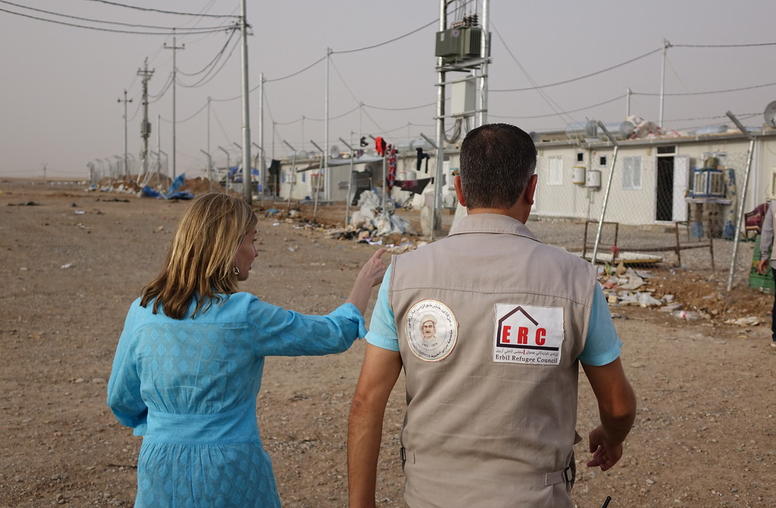On a scorching day in August, 2006, Wajeha al-Huwaider threw off her abaya, the enveloping black cover worn by Saudi women, and donned a calf-length pink shirt, pink trousers, and a matching pink scarf. She then took a taxi, from Bahrain, to a signpost on the bridge marking the border with Saudi Arabia. She got out and, with a large poster declaring, “Give Women Their Rights,” marched toward her homeland. Within twenty minutes, she was picked up by Saudi security forces, interrogated for a day, and officially warned. An intelligence officer, she recounted to me later, had pointed at her mouth and said, “Control this, and we won’t have a problem.”
Gender
